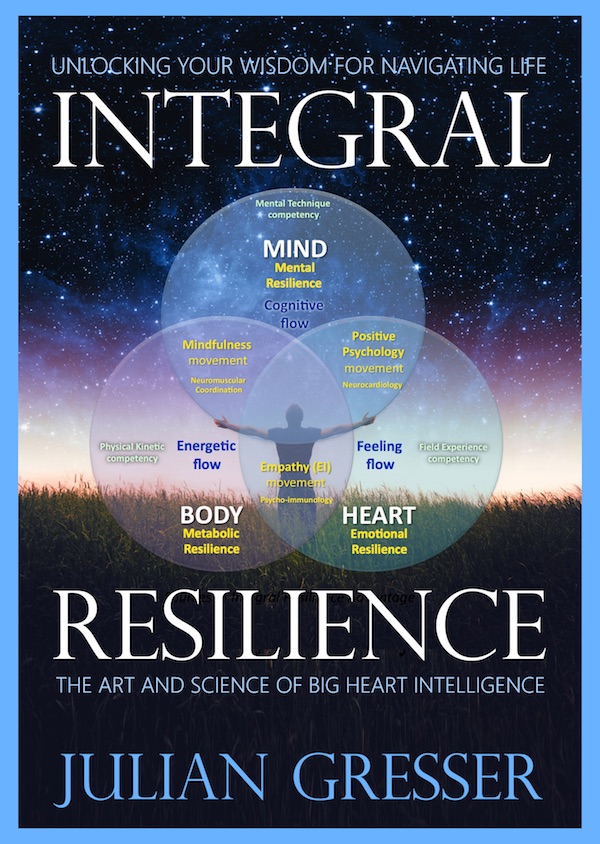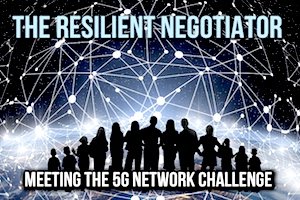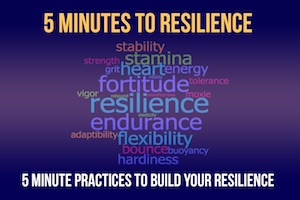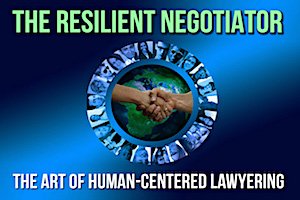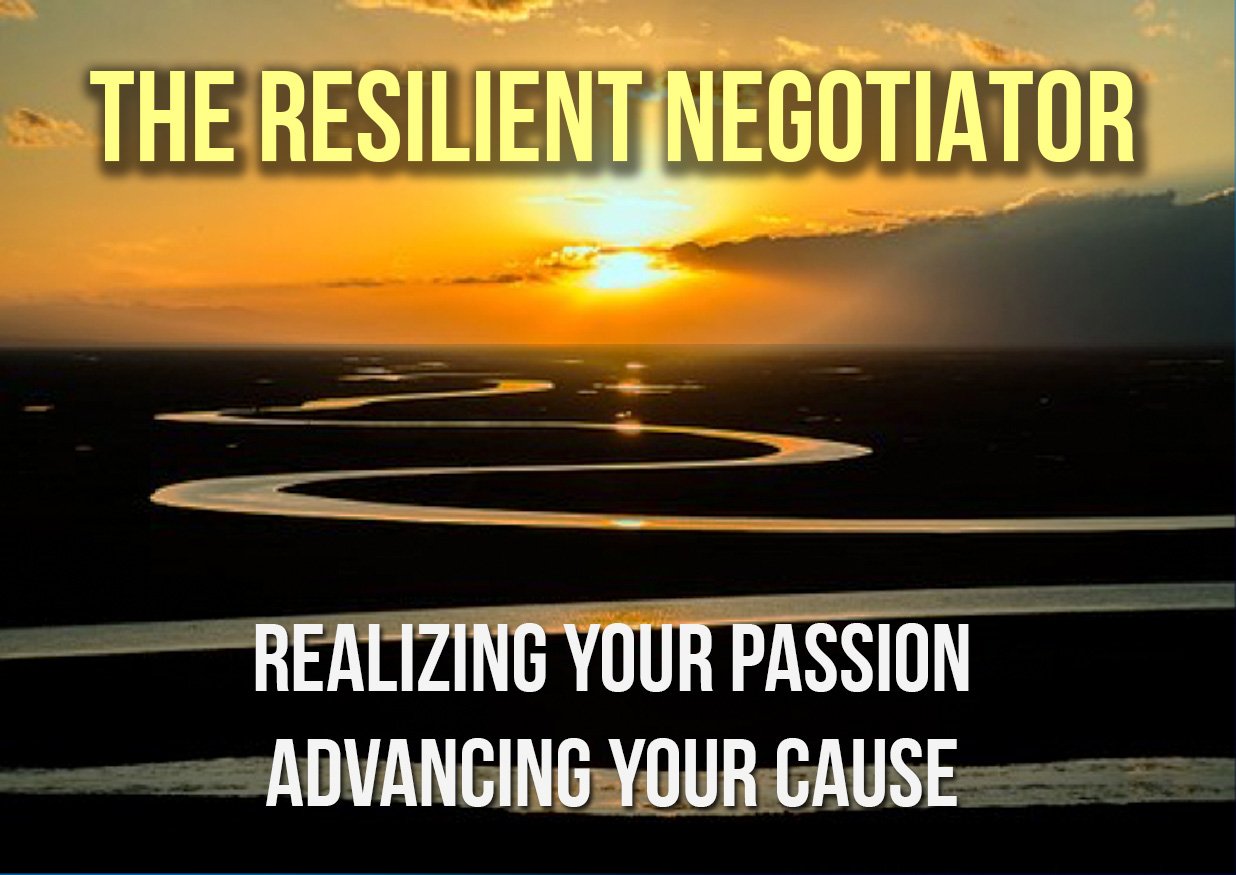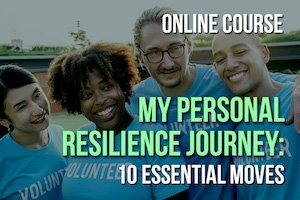The 2017 Report of the ABA’s National Commission on Lawyer Well-Being presents practical recommendations for positive change based on grim statistics: in one study 35 per cent of lawyers were problem drinkers, and 28 per cent were struggling with some level of depression, anxiety, and stress. Forty-two per cent of law students interviewed required assistance for poor mental health, while burnout and suicide rates among lawyers are far higher than many other professions. (Attorneys ranked fourth among the professions) And the present health crisis may be even worse than the ABA Commission imagines. Recent medical studies confirm the close correlation of drinking and substance abuse with Diabetes 2 & 3 and cardiovascular disease, and a startling co-morbidity of these two illnesses with Alzheimer’s.
The proposed Self-Care Rule for the California Code of Professional Responsibility affirms the close connection of self-care and behavioral health with decisions attorneys regularly make affecting their performance with clients, management of associates and employees, duties as officers of the courts, and advocates for social justice. The proposed Rule amends present sections 1.1-1.3 and 5.1-5.3. In abbreviated form the key sections are:
1.1 (a) Competence. Lawyers shall have an affirmative obligation of self-care to enhance continuously their mental, physical, emotional health, wellness, and wellbeing in performing their professional, fiduciary, and official responsibilities with integrity.
Rule 1.3 (b)—New Rule 1.3 “Reasonable diligence.” This duty of self-care shall include the affirmative obligation to take actions that continuously enhance physical, psychological, emotional health, resilience, and happiness in ways that support a lawyer’s commitment, competence, and dedication to the interests of clients and society.
Rule 5.1-5.3 (b) The above Rule shall apply to the responsibility of attorneys who are supervising other attorneys and staff to refrain from any actions or behaviors that will significantly impair the health and wellbeing of those in subordinate capacities or impair their good judgment or competence in carrying out their professional services to clients and society.
Rule 5.1-5.3 (b) Law firms and other legal organizations shall have an affirmative responsibility to take actions, including investing in programs that contribute to the happiness, health, wellness, vitality, and resilience of their employees.
The Good News: Happiness and Resilience as Keys to Compliance
What if becoming happier and more resilient are preconditions for compliance with the new Self-Care Rule? There is substantial scientific evidence that every major health condition noted above involves a serious impairment of the body’s Integral Resilience? In other words, our body loses its capacity to adapt and to transform stress and adversity into a more vital homeostasis. But there is good news. The converse also appears true: fortifying our Integral Resilience appears to ameliorate the above conditions and build systemic immunity. And even more startling, although perhaps counter-intuitive, is the proposition that vital, healthy, productive, caring, and happy lawyers and their law firms can be more productive, prosperous, and, yes, profitable. This finding, for which there are numerous examples, challenges the 19th and 20th century world view still prevalent in the profession, and traditionally inculcated by leading law schools, that lawyers must learn to become combative gladiators, trained to do battle in a largely harsh, heartless, cut-throat, and manipulative world. What if learning to relax and to flow, just as in high level martial arts, are keys to resilience and enhanced performance?
The Resilient Negotiator. The critical challenge then is implementation. How to cultivate Integral Resilience? In our research we have discovered that Integral Resilience is a foundation for a wide spectrum of positive behavioral changes that are closely allied with a rebalancing of the parasympathetic nervous system, which is increasingly recognized as the enabling pre-condition of our body’s self-healing powers. And moreover, these behaviors are fundamental to learning and fine-tuning self-management skills for dealing with a broad range of physical maladies, such as the very ones noted above that are challenging attorneys today.
We have also discovered that building Integral Resilience holds the key to measurable enhanced performance in negotiation. In our system we define “negotiation” as “navigation”, as in negotiating a turbulent river or a treacherous mountain ravine. This interpretation views every situation, challenge, and encounter as a “gate” for the practice and cultivation of the art of negotiation; while at the same time the same process builds heightened vitality, life force, joy, balance, compassion, and flow, which are the essential attributes of Integral Resilience. This is a dynamic reciprocity. No longer is the goal of a negotiation solely to reach a fixed and final result, i.e. an agreement (a “yes”), because many business transactions, reflecting life itself, are continuously in flux. How to learn to surf? Resilient Negotiation turns the most basic and practical of a lawyers’ tools and pre-occupations, negotiating, into an opportunity for self-discovery, knowledge, play, and rejuvenation.
Bar Associations as Healing Communities. Bar associations are generally perceived as educational, regulatory, disciplinary, and social organizations. But nothing is stopping them also from fostering the health, wellness, and healing of their members. The ABA’s National Commission Report is a giant’s step forward and establishes a national standard. A Self-Care Rule advances this same spirit, viewing the process less as a schoolmaster obligation and far more as a lighthouse on the journey.
Julian Gresser is an international attorney, author, social entrepreneur, and Japan specialist who was twice Visiting Mitsubishi Professor at the Harvard Law School (1976-77, 1979). His proposed MCLE course (webinar/self-study) has just been approved for 6 hours of credit, including ½ hour legal ethics, and ½ hour substance abuse. The Resilient Negotiator—The Art of Human-centered Lawyering. A first webinar is planned for June/July 2019. See announcement on www.resiliencemultiplier.com


